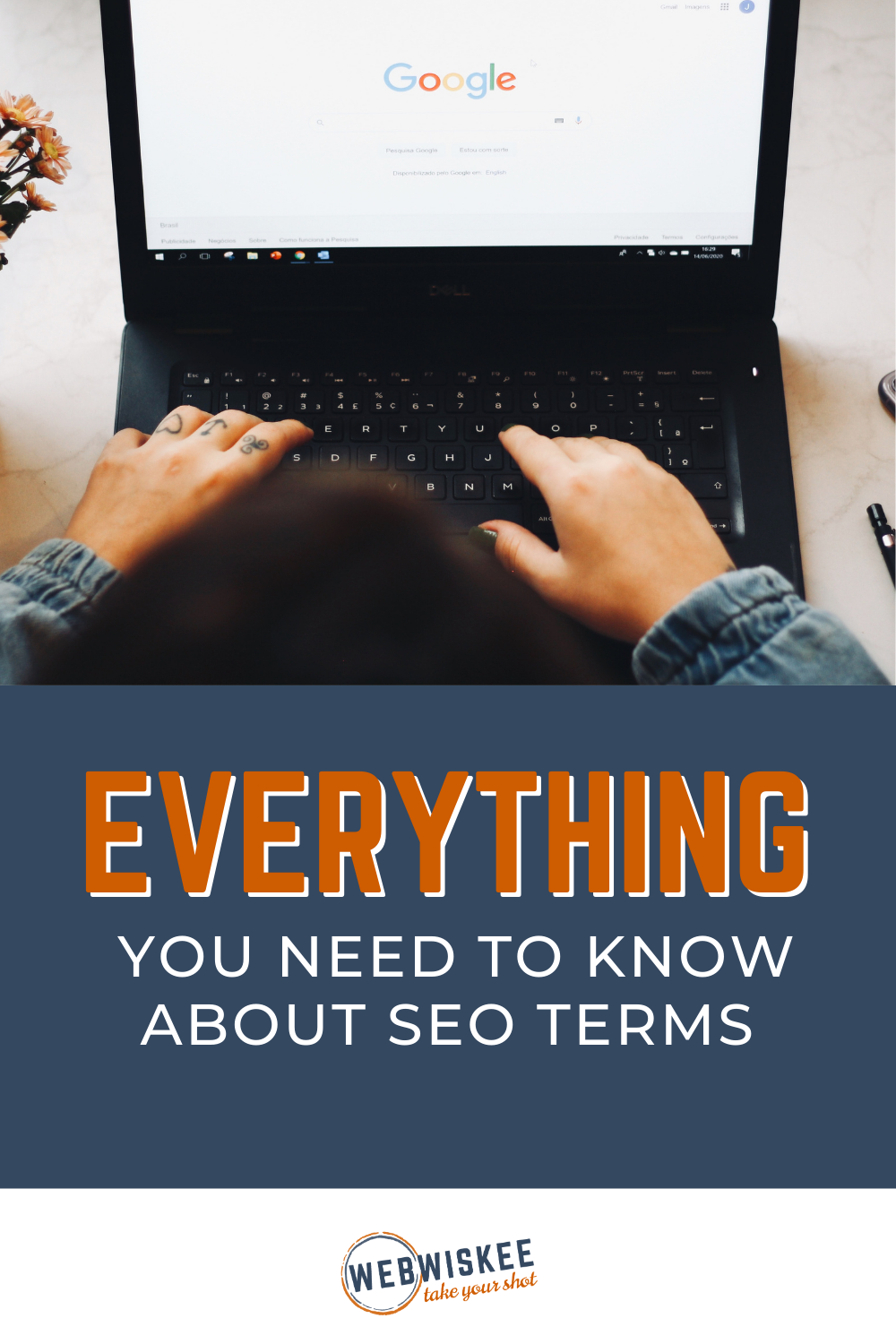Creating a website can feel like visiting a bar in a foreign country. You can’t understand anything that’s on the drink menu and you have no idea how to ask for what you want. Just like travel to foreign countries, understanding a few key terms can help a lot. Let’s start with SEO, or search engine optimization. This is the process of making your website as “appealing” to search engines as possible so that your content will rank higher in web searches. These are the most commonly used SEO terms and what they mean.

Alt text
Search engines cannot see images. They only read text. Alt text refers to words that you add to an image on your site so that search engines know what the picture is about.
Anchor text
Sometimes you want to send readers to another page on your site or to information on an external site. The words that readers click on to access the link are anchor text.
Backlink
Backlinks are also known as incoming links or inbound links. This is when an outside, relevant website has a link that points back to your website. This is a good thing because it is like a vote of confidence.
Bot
Bots are also referred to as Robots, Spiders, Crawlers, and WebCrawlers. These web searching bots go through the content on the internet to catalog sites electronically. This information is cataloged and used to create search engine results.
Bounce Rate
The bounce rate is the percentage of website visitors who leave after only visiting that one page. They don’t click any links or visit other pages—they take one look and leave. You will want your bounce rate to be as low as possible.
Duplicate Content
If two sites have identical content, web searches are going to only show one of the sources. Duplicate content can result in penalties from search engines.
H1
The Heading tag, H1, is the heading of your webpage, like a headline in a newspaper.
Internal Linking
Links that point to content on the same site or domain are internal. They can be used to improve navigation on the site. A navigation menu at the top of the website provides internal links to the other pages, but the pages themselves can also link to each other within the content.
Keywords, Keyword Density
The words and phrases that a user types into a search engine are keywords, and they are used to get matching results. Keyword density is a percentage derived using the number of times a keyword or phrase is used in the text on a web page in comparison to the total number of words in the text.
Link Popularity
Link popularity measures the quantity and quality of backlinks to a site.
Meta Tags
Meta Tags are text elements that are invisible to site visitors but important to search engines. Meta Tags include information such as the title and description of the page, which gets shown in search engine results.
Noindex Tag
This tag is used to keep a web page from being listed in the Google web index.
Optimization
Optimization is the process of making the ratings within your site appealing to search engines. This includes the use of keywords, meta tags, and links.
Page Rank
This is a numerical value that compares the importance of one web page with others. A higher rank indicates a more relevant site.
Robots.txt
This is a file that will restrict search engine robot access to your site.
Site Map
A sitemap is a list of all of the links on your site. They help the search engine Google find hard to discover pages on your site.
URL
URL is short for “Uniform Resource Locator”. The URL is the address of a website or the location of a file on the internet.
No doubt you have heard many of these terms before, but may not have been sure what they meant. We hope that this list will clear things up for you, and make it easier for you to make your website rank higher in search results.
SEO is a vital ingredient for a successful website and business. WebWiskee sites make it easy to optimize your website for search engines, with many of these SEO best practices blended right in!
WebWiskee is an affordable, DIY website-builder that makes it easier than ever to leave your mark.
Powered by WordPress, the most trusted platform in the world, WebWiskee gives you a guide to strategically walk you through every step of the website building process, optimizes your site for Google findability, and gives you the flexibility to scale.



